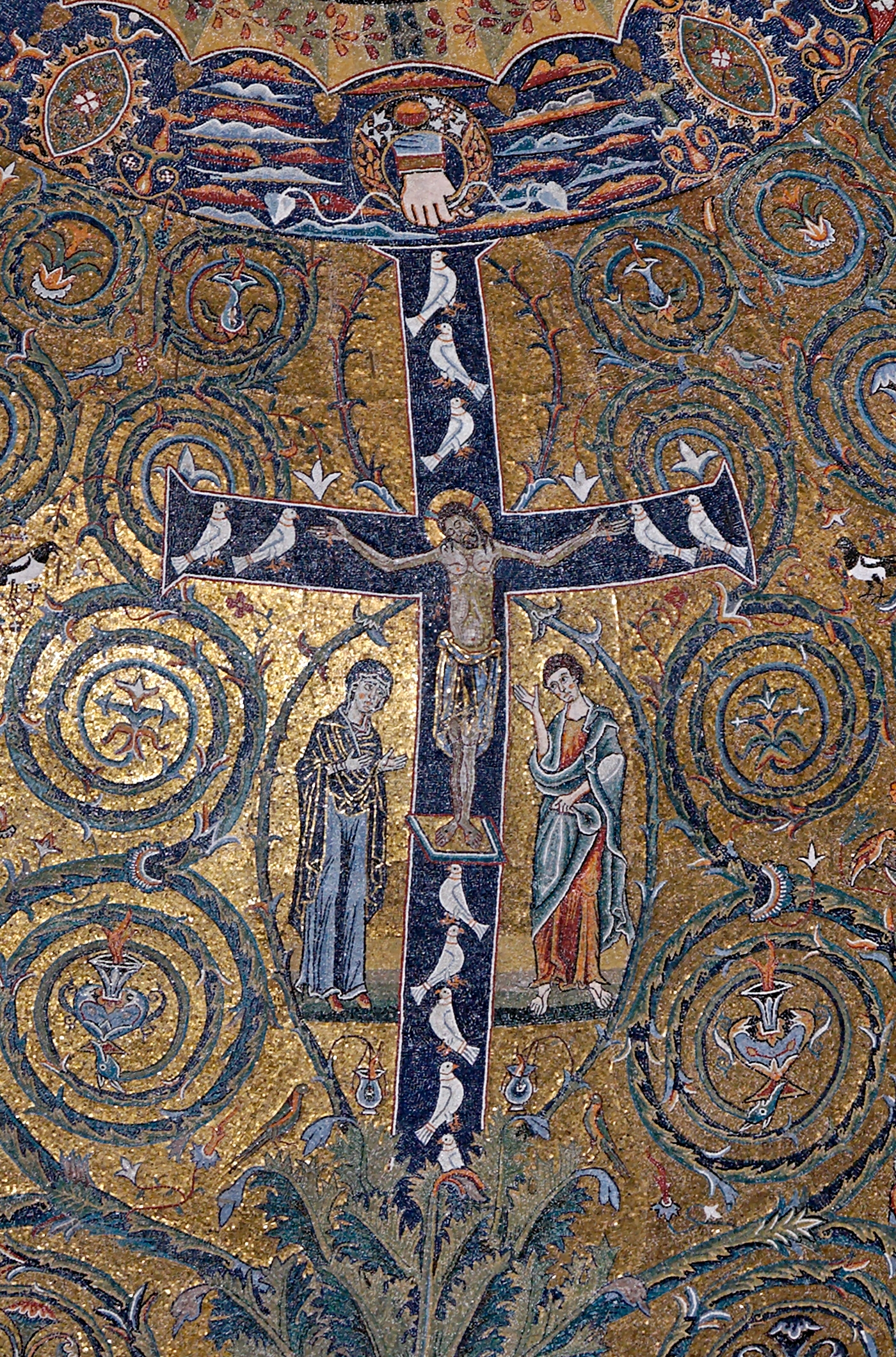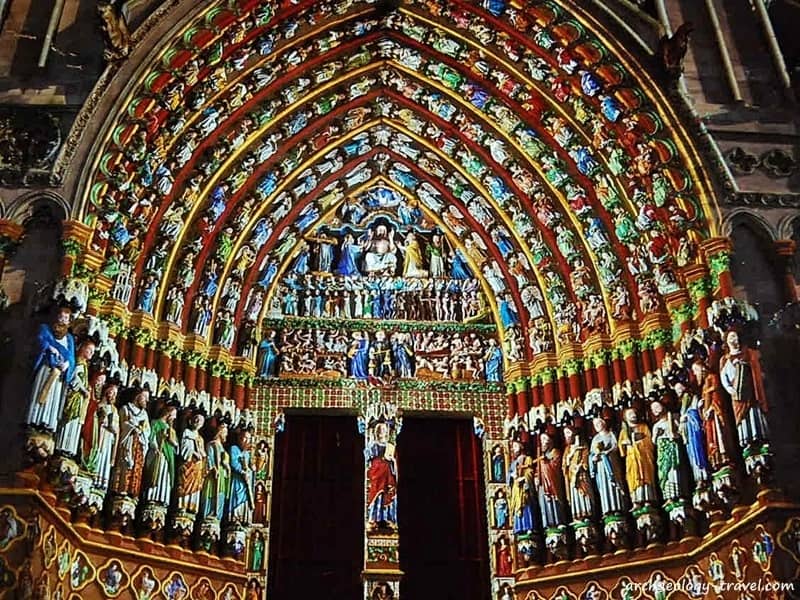Lilith I re read every so often, each time I read it it took me on a journey and amazed me, but the events of the book were not imprinted on my mind, I had certain lasting impressions, the ancestral house, the Library, Mr Raven, the movement between this world and another, the room of the dead. But it was such a unique book that takes you on an inner journey and you come out of it as you come out of a dream. I am starting to read this again this time taking extensive notes and it would be good to write a blog on this book alone.
The Princess and the Goblin's I enjoyed but probably didn't give it sufficient credit due to it being a children's book. I re-read it to my daughter and very much enjoyed it, Princess Irene's grandmother struck me as something of a prototype for the Lady Galadriel. Having recently read GK Chesterton's comments on the book, I realise I have taken this wonderful book too much for granted:
But in a certain rather special sense I for one can really testify to a book that has made a difference to my whole existence, which helped me to see things in a certain way from the start; a vision of things which even so real a revolution as a change of religious allegiance has substantially only crowned and confirmed. Of all the stories I ever read ... it remains the most real, the most realistic, in the exact sense of the phrase the most like life. It is called The Princess and the Goblin, and is by George MacDonald....
I read Phantastes and the Golden Key and also enjoyed them very well, but I think because I read his visionary fantasies I had a mistaken impression of him as a rather vague romantic whom I could enjoy but shouldn't contemplate too deeply. However slowly I came to realise that I had lived with MacDonald's work for a long time and their influence although subtle was lasting, there is a sense of the numinous, a slaking of a thirst of the soul, that finally pushed me out of my sleepiness and I realised that I wanted to know more about George MacDonald. I joined the George MacDonald Society Facebook group, which I found a source for a lot of good information and stirred my enthusiasm. It was through this group that I came upon an article called "George MacDonald: Merging Myth and Method" by Robert Trexler, which you can find here:
http://www.george-macdonald.com/assets/downloads/gmarticle.pdf
Trexter in his opening remarks made the following statement:
"But if the revival of interest in MacDonald can be partly credited to Lewis, so also can some of the misconceptions about MacDonald, especially as regards MacDonald the novelist."Trexter goes on to argue that MacDonald's realistic Victorian novels have been significantly undervalued by Lewis and are worth serious attention, he focuses on one of the Wingfold novels "There and Back" and marks mythic motifs within the novel.
I am very thankful for this article as it changed my thinking and led me to read the Wingfold books: Thomas Wingfold Curate; There and Back and Paul Faber, Surgeon. I realised that I had only touched upon the riches that MacDonald's work had to offer. I like novels that contain ideas and deal with the interior life of their subjects and these novels did that in a unique way. They had likeable and varied characters, the main themes seemed to be a slow unfolding of faith which is depicted in a very real and sincere manner. The books are also many layered, with mythic and visionary elements that come from Polwarth's writings and his brother's manuscript although are not limited to these. MacDonald concentrates on personal transformations and the inner journeys we make to become better people and our movement towards the divine. He does this with gentleness and seriousness unparalleled by any author.
So almost 30 years after first reading MacDonald's work I have come to see that he has created a great body of work and I am at the start of a voyage of discovery, sailing into the east. I feel as though I have a lot to get from MacDonald, through his realistic Victorian novels, his sermons and criticism and the fantasy novels that I already know, but not well enough. I have come to the beginning.



